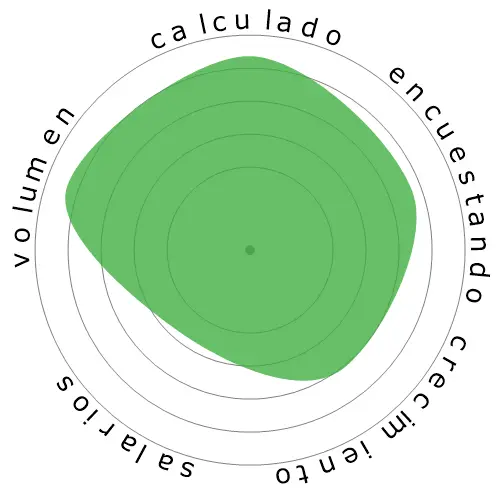Profesores de preescolar, primaria, secundaria y educación especial.




Las personas también vieron
Riesgo de automatización calculado
Riesgo Mínimo (0-20%): Las ocupaciones en esta categoría tienen una baja probabilidad de ser automatizadas, ya que generalmente requieren solución compleja de problemas, creatividad, fuertes habilidades interpersonales y un alto grado de destreza manual. Estos trabajos a menudo implican movimientos de manos intrincados y coordinación precisa, lo que dificulta que las máquinas repliquen las tareas requeridas.
Más información sobre qué es esta puntuación y cómo se calcula está disponible aquí.
Esta página es una página de categoría que comprende varias ocupaciones. Para determinar una puntuación para esta categoría, calculamos el promedio de todas las ocupaciones dentro de ella.
Por favor, consulte las páginas individuales de cada ocupación para obtener más información sobre cada profesión incluida en esta categoría, puede verlas enumeradas. aquí.
Encuesta de usuarios
Nuestros visitantes han votado que hay una baja probabilidad de que esta ocupación se automatice. Esta evaluación se ve respaldada por el nivel de riesgo de automatización calculado, que estima una posibilidad del 11% de automatización.
¿Cuál crees que es el riesgo de la automatización?
¿Cuál es la probabilidad de que Profesores de preescolar, primaria, secundaria y educación especial. sea reemplazado por robots o inteligencia artificial en los próximos 20 años?
Crecimiento
Se espera que el número de ofertas de trabajo para 'Preschool, Elementary, Middle, Secondary, and Special Education Teachers' disminuya 0,1% para 2033
Empleo total y estimaciones de vacantes laborales
Las proyecciones actualizadas se deben 09-2025.
Salarios
En 2023, el salario anual mediano para 'Preschool, Elementary, Middle, Secondary, and Special Education Teachers' fue de 63.280 $, o 30 $ por hora.
'Preschool, Elementary, Middle, Secondary, and Special Education Teachers' recibieron un salario 31,7% más alto que el salario medio nacional, que se situó en 48.060 $
Salarios a lo largo del tiempo
Volumen
A partir de 2023, había 4.261.430 personas empleadas como 'Preschool, Elementary, Middle, Secondary, and Special Education Teachers' dentro de los Estados Unidos.
Esto representa alrededor del 2,8% de la fuerza laboral empleada en todo el país.
Dicho de otra manera, alrededor de 1 de cada 35 personas están empleadas como 'Preschool, Elementary, Middle, Secondary, and Special Education Teachers'.
Descripción del trabajo


Comentarios
Leave a comment
plus, the robots might even scare them
Tools like intelligent tutoring systems, virtual reality for immersive learning experiences, and automated administrative tasks can free up educators to focus on more critical aspects of teaching, such as emotional intelligence and critical thinking.
While AI's integration into education could enhance teaching and learning processes, a complete takeover is less about replacement and more about augmentation and partnership between human educators and AI technologies. The future likely holds a blend where AI supports education, enriching the learning experience without fully displacing the human touch that is crucial for student development.
Deja una respuesta sobre esta ocupación